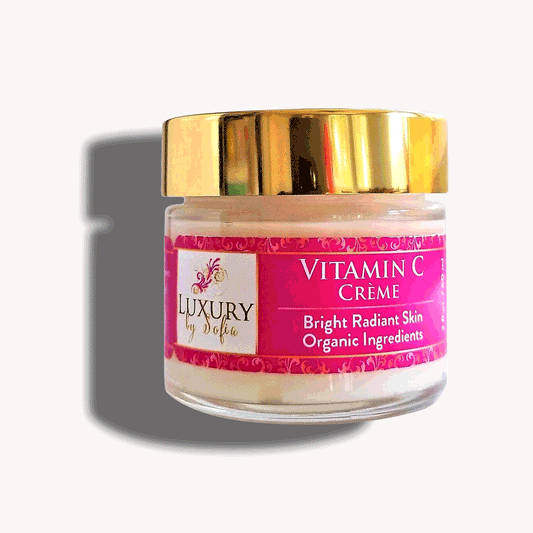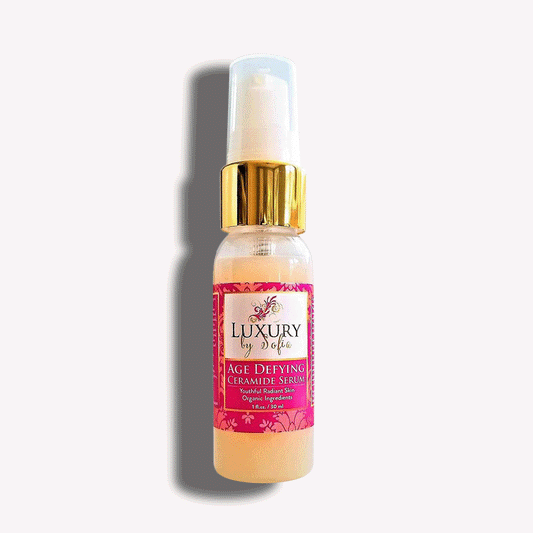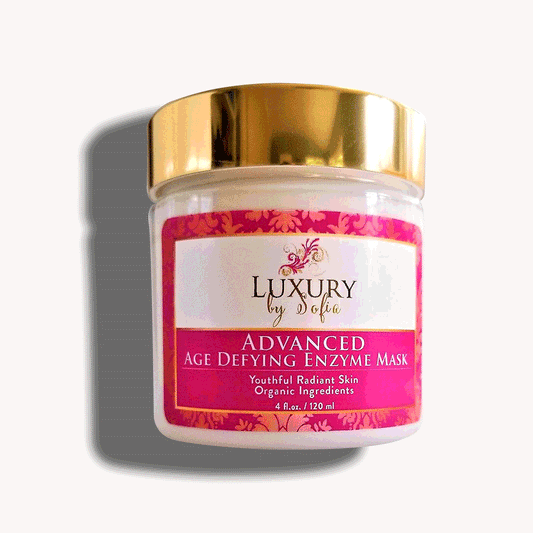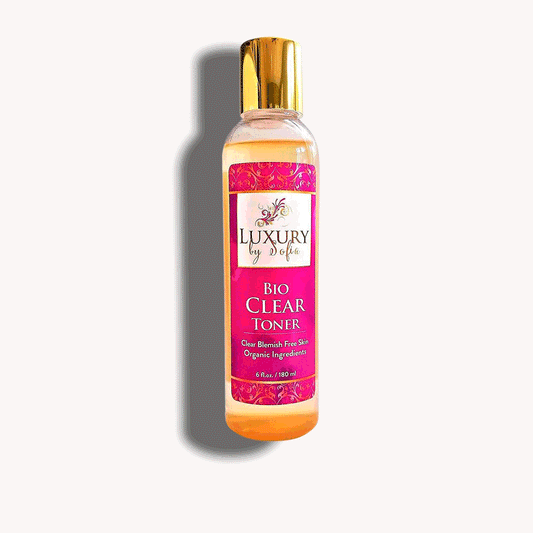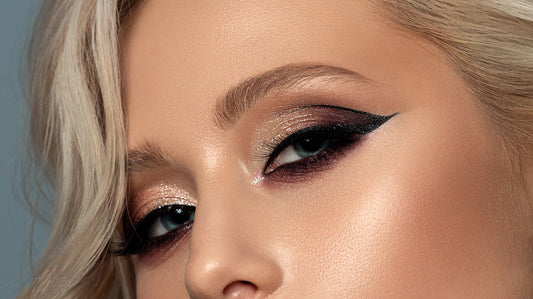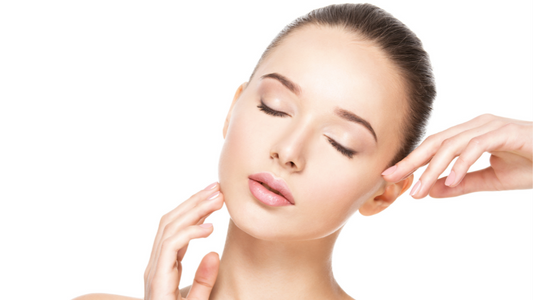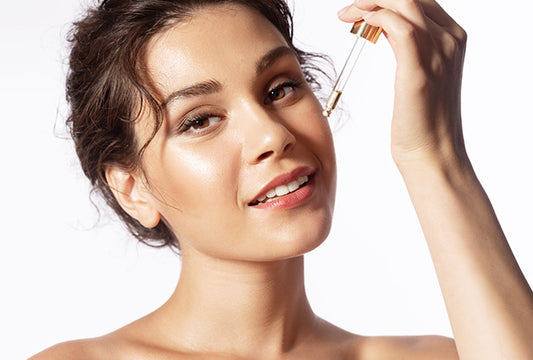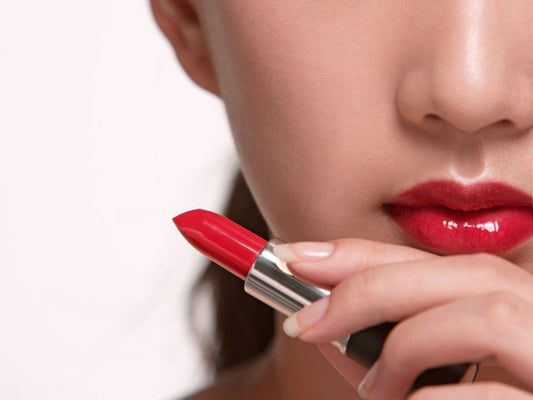Acne is a common skin condition that can affect people of all ages and skin types. For those with acne-prone skin, dealing with breakouts and trying to achieve clear skin can be a frustrating journey. However, with the right skincare techniques and products, managing acne and achieving clearer skin is definitely possible.
Understanding Acne-Prone Skin
Before diving into skincare techniques, it's important to understand what causes acne-prone skin. Acne occurs when hair follicles become clogged with oil and dead skin cells, leading to the growth of bacteria and inflammation. Factors like hormones, genetics, diet, and stress can all contribute to the development of acne.
Mastering Acne-Prone Skin Care Techniques
1. Gentle Cleansing: The first step in any skincare routine for acne-prone skin is a gentle cleanser. Look for a non-comedogenic cleanser that won't clog pores and strip the skin of its natural oils. Cleansing twice a day can help remove dirt, bacteria, and excess oil without over-drying the skin.
2. Exfoliation: Exfoliation is key for acne-prone skin to remove dead skin cells and unclog pores. Opt for a chemical exfoliant like salicylic acid or glycolic acid to gently exfoliate the skin without causing irritation. Exfoliating 2-3 times a week can help prevent breakouts and improve the overall texture of the skin.
3. Acne-Fighting Ingredients: Incorporating acne-fighting ingredients like benzoyl peroxide, retinoids, and niacinamide can help target acne-causing bacteria and reduce inflammation. These ingredients can be found in spot treatments, serums, and moisturizers designed for acne-prone skin.
4. Moisturization: Contrary to popular belief, even oily and acne-prone skin needs hydration. Look for oil-free, non-comedogenic moisturizers to keep the skin hydrated without clogging pores. Moisturizing can help balance oil production and prevent the skin from becoming too dry, which can exacerbate acne.
5. Sun Protection: Sun exposure can worsen acne and cause pigmentation issues, so incorporating a broad-spectrum sunscreen into your daily routine is essential. Look for a lightweight, non-comedogenic formula to protect your skin from harmful UV rays without clogging pores.
Try Now: All Acne Relief Collections
Conclusion
Mastering acne-prone skincare techniques requires a combination of gentle cleansing, exfoliation, targeted treatments, moisturization, and sun protection. Developing a consistent skincare routine and being patient with the results is crucial when dealing with acne-prone skin. Consulting with a dermatologist can also help tailor a skincare regimen that suits your specific needs and concerns.
With the right techniques and products, achieving clearer, healthier skin is possible for those with acne-prone skin. Remember, everyone's skin is different, so it may take some trial and error to find what works best for you. Stay consistent, be patient, and don't hesitate to seek professional advice if needed. Your skin will thank you for the extra care and attention!


